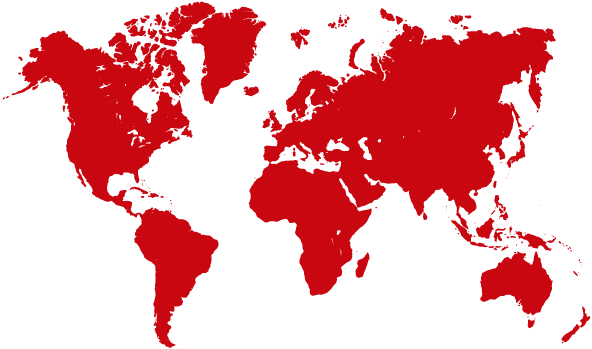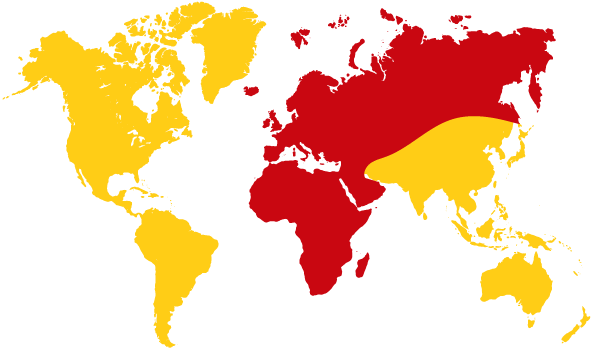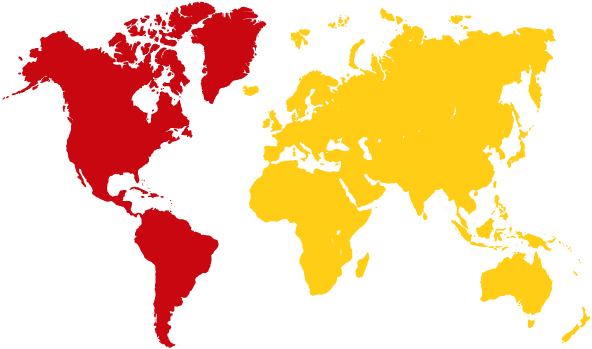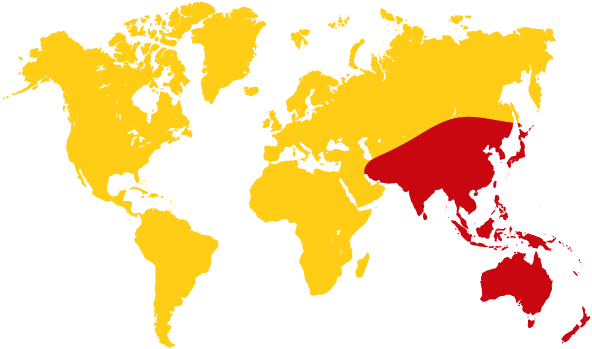Because frequency allocations and amateur radio operating interests vary in different parts of the world, the development of band plans – voluntary guidelines on the use of the spectrum that is available to radio amateurs – is a responsibility of the three IARU regional organizations. Each of the three Regions has a band planning committee to focus on this work. In recent years there have been increased efforts to bring the regional band plans into alignment wherever possible. Final approval of band plan revisions is generally given by the regional conferences of IARU member-societies that are held every three years on a rotating basis.
This approach to band planning generally has kept pace with the evolution of amateur radio operating. However, the explosive growth in HF (below 30 MHz) digital modes, particularly FT8, has led to perceived overcrowding of HF digital mode band segments. Accordingly, a working group has been formed consisting of representatives of the three regional band planning committees. This is the first time the three Regions have joined together to directly coordinate band planning efforts.
The working group has already had fruitful discussions with the WSJT Development Group led by Joe Taylor, K1JT. Additional discussions, including with other HF stakeholders, will be held as part of a fundamental review of the different HF digital modes, and how they can be best categorized and arranged to share the limited spectrum available.
The main aim is to develop solutions that reduce congestion within very popular mode segments while preventing mutual interference between incompatible modes to the greatest extent possible. While the proposed band plan revisions will have to be approved by member-societies in each Region, recent administrative changes mean that the changes can be implemented without having to wait for the regional conferences.
Amateurs are encouraged to follow progress through their IARU member-society and the respective IARU websites, all of which can be reached via www.iaru.org.



